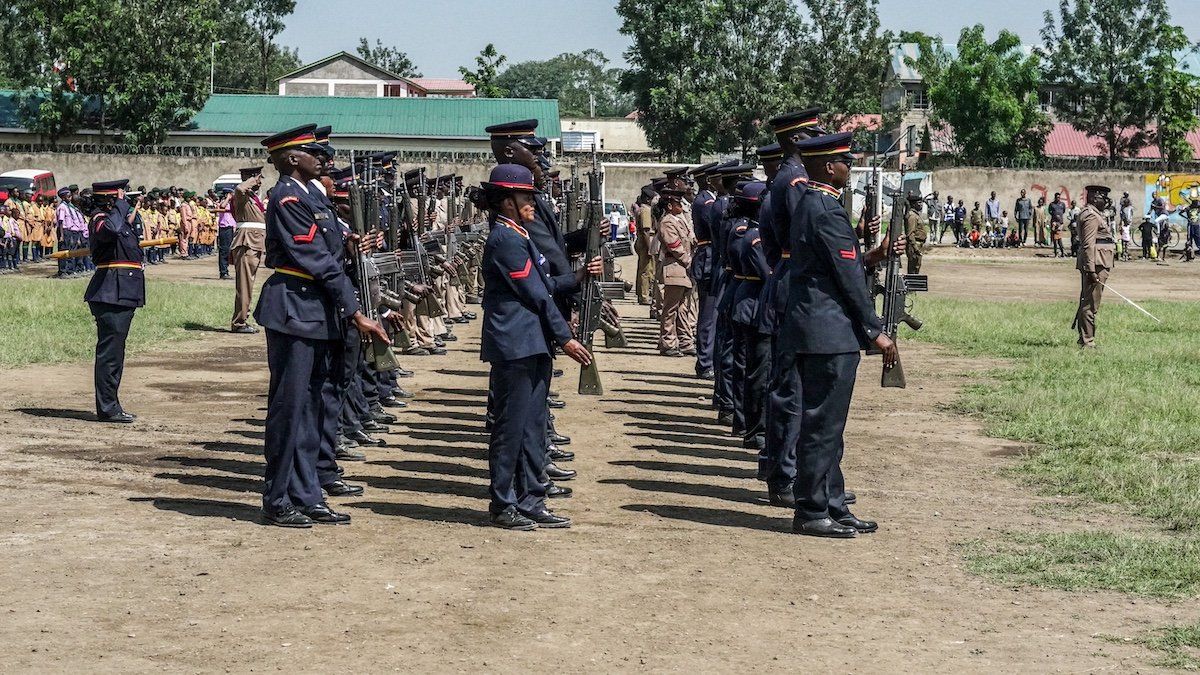On Sunday, Kenyan officials said the police force they have promised to lead in Haiti, where they will help the beleaguered Haitian police fight heavily armed gangs, will depart on Tuesday.
They’re walking into a desperate situation. The Haitian National Police can count on only around 4,000 officers in a nation of 11 million, and last week new Prime Minister Garry Conille dismissed the country’s police chief. The Kenyans are bringing around 1,000 more officers, and other countries, including Benin, the Bahamas, Bangladesh, Barbados, and Chad have pledged forces, though it is unclear when they will arrive. The project will be funded generously by Uncle Sam, to the tune of $110 million so far, but there will be no US boots on the ground.
Even with international support, the gangs may have the upper hand. They have formed large alliances and effectively control around 80% of the capital. Some leaders, like Jimmy “Barbecue” Chérizier, a former cop who now leads the G-9 gang alliance, have amplified street power into political ambition to try and assume powerful positions in post-conflict Haiti.
We’re watching how the Kenyans fare in the first days of what is sure to be a grueling and violent deployment — and hoping they can help bring some peace and stability to Haiti.
